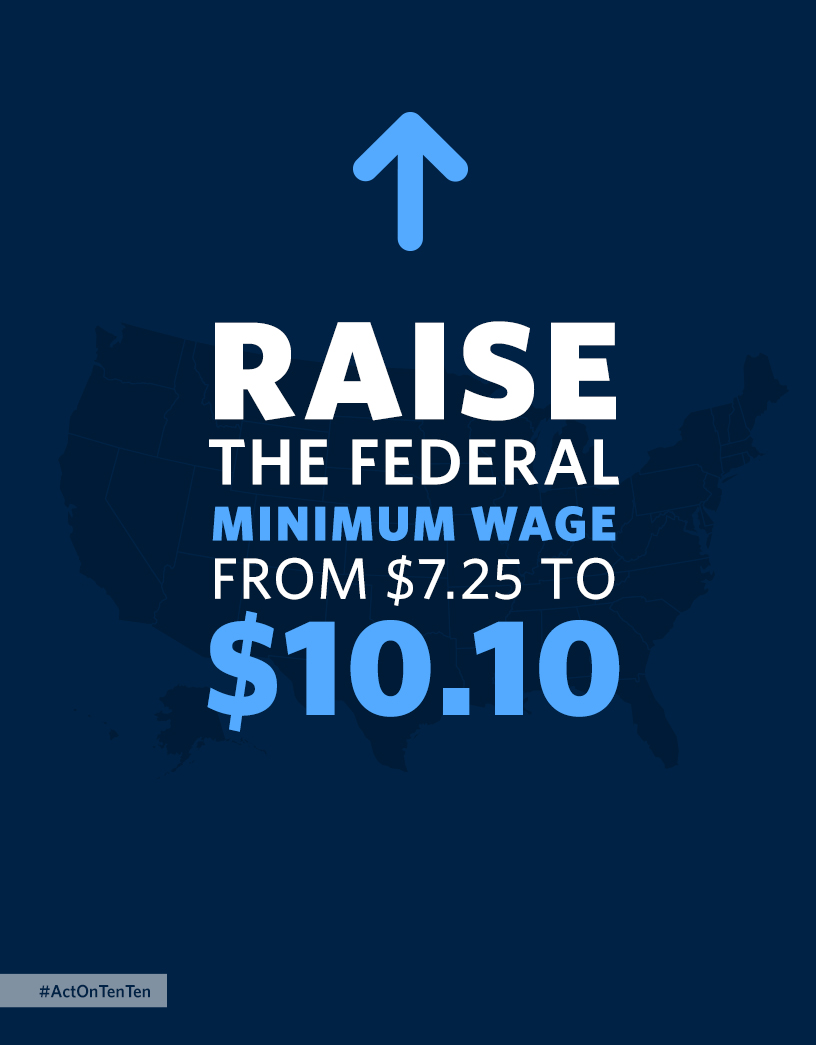
Income inequality has increased in practically every industrialized nation in recent decades. The best measure of that change is the Gini index, named after the Italian statistician Corrado Gini, who designed it in 1912. The index values vary between zero, when everyone has exactly the same income, and 1, when one person has all of the income and everybody else has none.
In mid-1970 America, the Gini index was 0.316, but it reached 0.378 by the late 2000s . One of the few nations to see its Gini value fall was Greece, which went from 0.413 in the 1970s to 0.307 in the late 2000s.Figures compiled by Emmanuel Saez of the University of California Berkeley and Thomas Piketty of the Paris School of Economics showed that in the U.S. the top 10% took half of all income earned in 2012 . That’s the highest since 1917, the first year for which there is reasonable data.
The last issue of Global Risks Report from Davos identified severe income disparity as the worldwide risk most likely to manifest itself over the next decade. Members of the “squeezed middle” in developed countries are already making their voices heard, some throwing their weight behind anti-establishment and nationalist political movements that oppose globalization.
An increase in the level of inequality is not the same as an increase in poverty ; the latter has in fact declined in industrialized countries. Indeed, the economist B. Milanovic of the City University of New York has reported that real incomes of the poorest 50% in the U.S. grew 23% from 1988 to 2008 . This improvement of the bottom 50% segment of the population has happened in every country in the industrialized world, with the exception of Japan, where the real income of the poorest 50% has declined 2%.
In his State of the Union address, President Obama pledged to increase minimum wages in order to fight poverty and inequality. This is unfortunate , because a law cannot increase productivity.
Milton Friedman had the following to say about the minimum wage law more than forty years ago: “The do-gooders believe that by passing a law saying that nobody shall get less than $2 an hour or $2.50 an hour, or whatever the minimum wage is, you are helping poor people who need the money. You are doing nothing of the kind. What you are doing is to assure that people whose skills are not sufficient to justify that kind of a wage will be unemployed.”
Supporters of minimum wage indicates that it creates more jobs because workers are to consume more, which would certainly benefit those businesses where the money is spent.
But the money, which is given to workers in the form of a higher hourly wage, is not manna that falls from heaven; businesses must divert resources from elsewhere in order to meet their new, higher payroll. Businesses respond to such mandates by cutting employment and making other adjustments to maintain their profits. Consequently, both theory and evidence indicate that higher minimums wages reduce employment for teenagers and other workers with low productivity, and that it does little to alleviate poverty and inequality.


